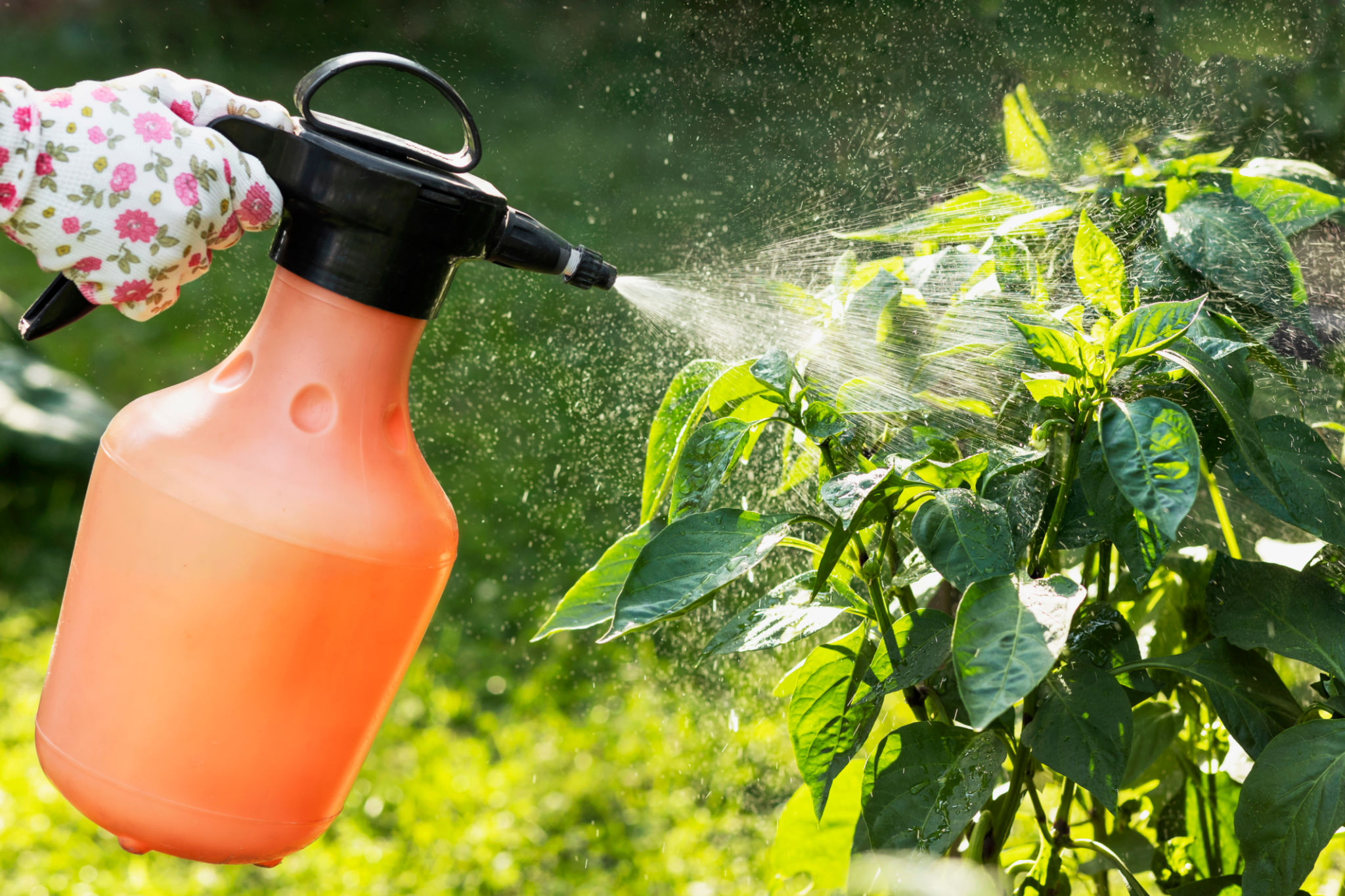Seasonal Farming Tips: Preparing for the Rainy Season in Nigeria
Understanding the Rainy Season in Nigeria
The rainy season in Nigeria typically spans from April to October, varying slightly across different regions. It is a crucial period for farmers, as it significantly influences crop yield and soil health. Proper preparation can ensure that this season is both productive and sustainable. Understanding the nuances of this season is essential for optimizing farming practices.
During this time, farmers can expect heavy rainfall, which can be both a blessing and a challenge. While the rains provide necessary water for crops, they can also lead to issues like soil erosion and flooding. Therefore, effective strategies must be in place to mitigate these risks while maximizing the benefits.

Soil Preparation and Management
One of the first steps in preparing for the rainy season is ensuring that your soil is in optimal condition. This involves a series of practices that help to maintain soil fertility and structure. Implementing crop rotation is highly beneficial as it helps to prevent nutrient depletion and controls pests.
Additionally, incorporating organic matter such as compost or manure can enhance soil health. These materials improve soil structure, promote water retention, and provide essential nutrients to crops. Mulching is another effective technique that can help retain moisture and reduce erosion during heavy rains.
Preventing Soil Erosion
Soil erosion is a common problem during the rainy season due to intense rainfall. To prevent this, farmers should consider constructing contour barriers or terracing their fields. These methods slow down water runoff and help maintain soil integrity.

Crop Selection and Planting
Choosing the right crops for the rainy season is crucial for a successful harvest. Opt for crops that are resilient to excessive moisture and are well-suited to local conditions. Examples include rice, maize, and certain varieties of yams and cassava.
Additionally, timely planting is essential. Monitor weather forecasts and soil moisture levels to determine the best planting times. Early planting can be advantageous as it allows crops to establish before the heaviest rains begin.
Pest and Disease Control
The increased humidity during the rainy season can lead to a rise in pest infestations and diseases. Implementing integrated pest management (IPM) strategies can help manage these challenges effectively. This involves using a combination of biological, physical, and chemical control methods.

Water Management Strategies
While the rainy season provides ample water, proper water management remains critical. Ensure that your farm has adequate drainage systems in place to prevent waterlogging, which can damage crops and reduce yields.
Rainwater harvesting is another strategy that can be employed to capture excess rainwater for use during drier periods. This not only provides a sustainable water source but also helps in reducing runoff and potential flooding issues.
Community Collaboration
Collaborating with other farmers in your community can be highly beneficial during the rainy season. Sharing resources, knowledge, and experiences can lead to more effective farming practices and problem-solving strategies.
By taking these proactive measures, farmers in Nigeria can successfully navigate the challenges of the rainy season while maximizing their agricultural productivity.
